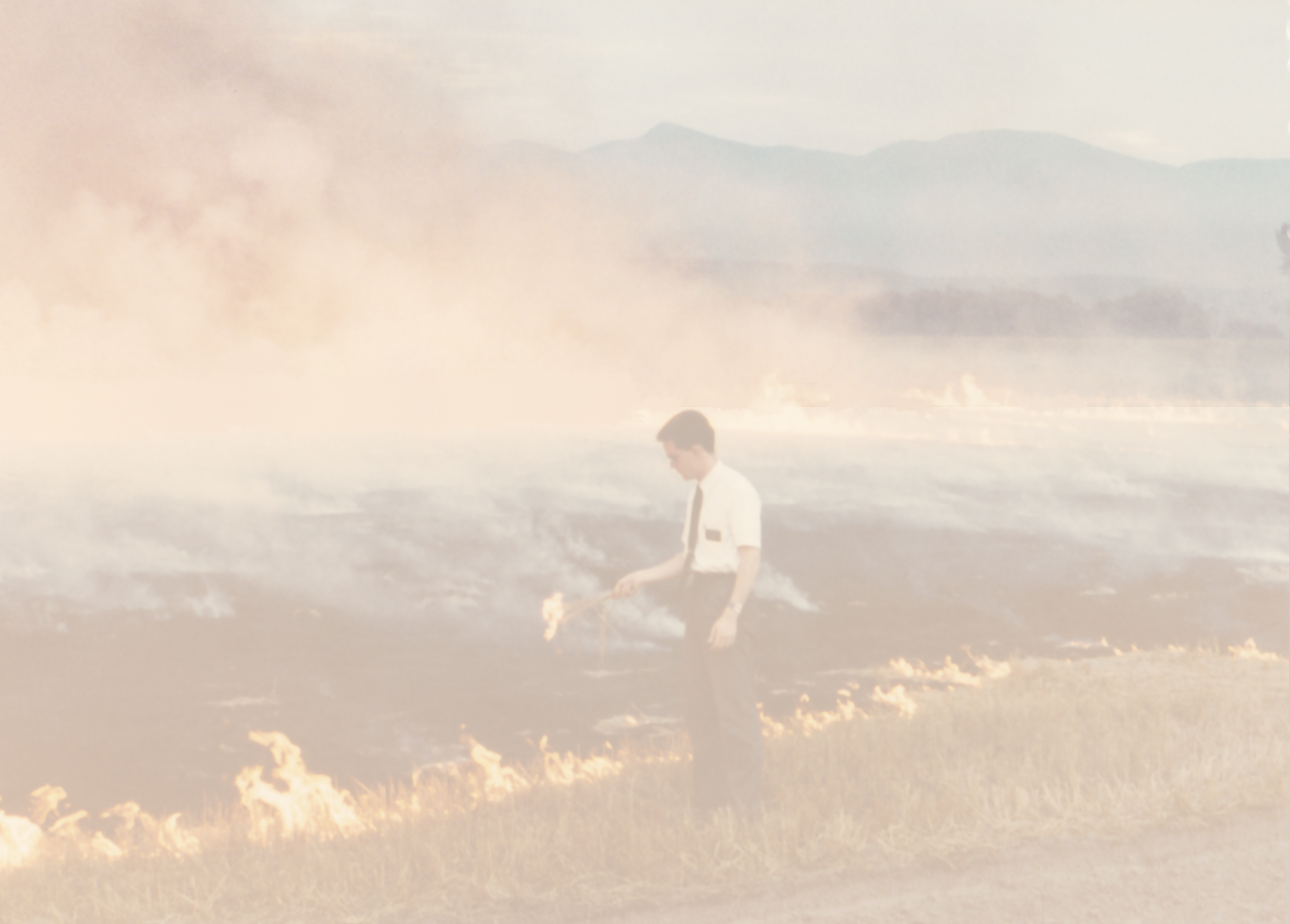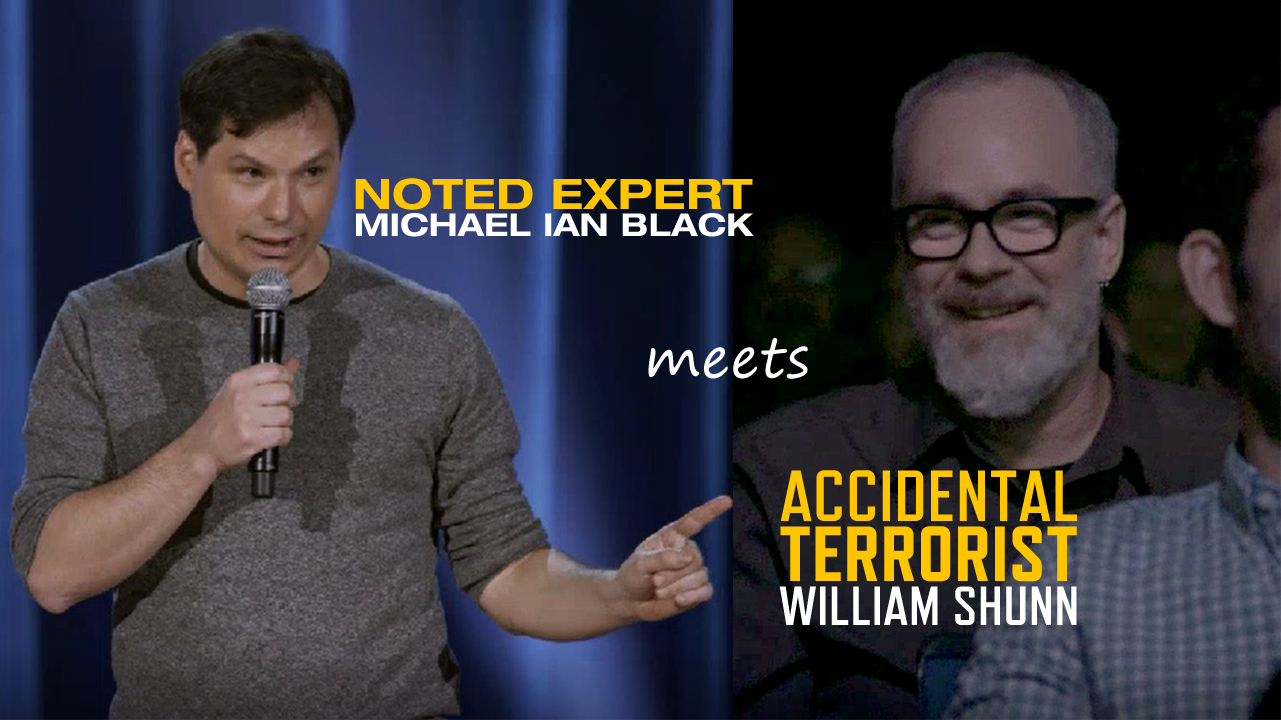previous: Question 3
"Okay, so go ahead and make your little jokes if it makes you feel better. But why do you feel you have to use profane and obscene language to get your message across?"
When I was younger, I remember hearing one of my church leaders report over the pulpit in General Conference something his mother used to say—that the use of profanity is a sign of an inferior mind grappling with a limited vocabulary.
That statement has stuck with me largely because I find it so insipid. As a professional writer with a fairly advanced vocabulary, I use words very deliberately, with attention to shading and nuance. Words are my cherished tools, and I can say from long experience that sometimes the best word for a particular job is vulgar, profane, or blasphemous. It all depends on the effect I want to achieve.
Profanity, when not overused, conveys strongs emotions. It can elicit surprise, shock, and even outrage. (Except here in New York City, of course, where it often excites no greater comment than words like "very" or "the" or "I'm a kill you.") Profanity can say to the reader, "Listen up, because I really, really, really mean what I'm telling you." Why it should evoke such a powerful response when it's just a series of vibrations in the air or marks on paper, no different from any other sounds or marks, could be the subject of an entire book, but there are times when no milder or more subtle turn of phrase will articulate quite the emotion you want to express. If you've ever dropped a hammer on your toe, you know exactly what I'm saying.
Let me illustrate my point with a practical example.
In 1986, the day after I turned nineteen, I attended the Salt Lake temple to participate in my very first endowment ceremony. I knew the ceremony was so sacred that no one was permitted to talk about it outside the temple, but I suppose I expected something clear, uplifting, and quietly sublime. What I discovered instead was a room full of people dressed in faux-Hebraic bakers' outfits, teaching each other the secret passwords and handshakes you need to know to get into heaven and acting out the bloody executions they swore to submit to if they ever betrayed the secret of these signs and tokens to the uninitiated. I went in expecting an epiphany; what I found instead was a frathouse ritual. I mean, what the fuck?
Now let me ask you, were you offended by my use of the word "fuck" in that paragraph? If so, then I've achieved the effect I was going for. I was shocked by my first exposure to the Mormon endowment ceremony. If you're a temple-going Mormon yourself, you probably felt shocked by your first endowment as well, but repeated exposure has dulled that shock. I want to recreate that experience for you and remind you of how shocking those sights really were. How better to accomplish that than by juxtaposing an outsider's critical view of your sacred-not-secret rituals with one of the most offensive words in the English language? Is this scene not weird and startling enough to merit a carefully chosen expletive?
If you find my rhetorical technique obscene, I ask you to consider the following question as honestly and objectively as you can: Which is more offensive—the spectacle of grown humans pantomiming their own disembowelment and calling it worship, or the word "fuck"?
You make the call.
next: Question 5





